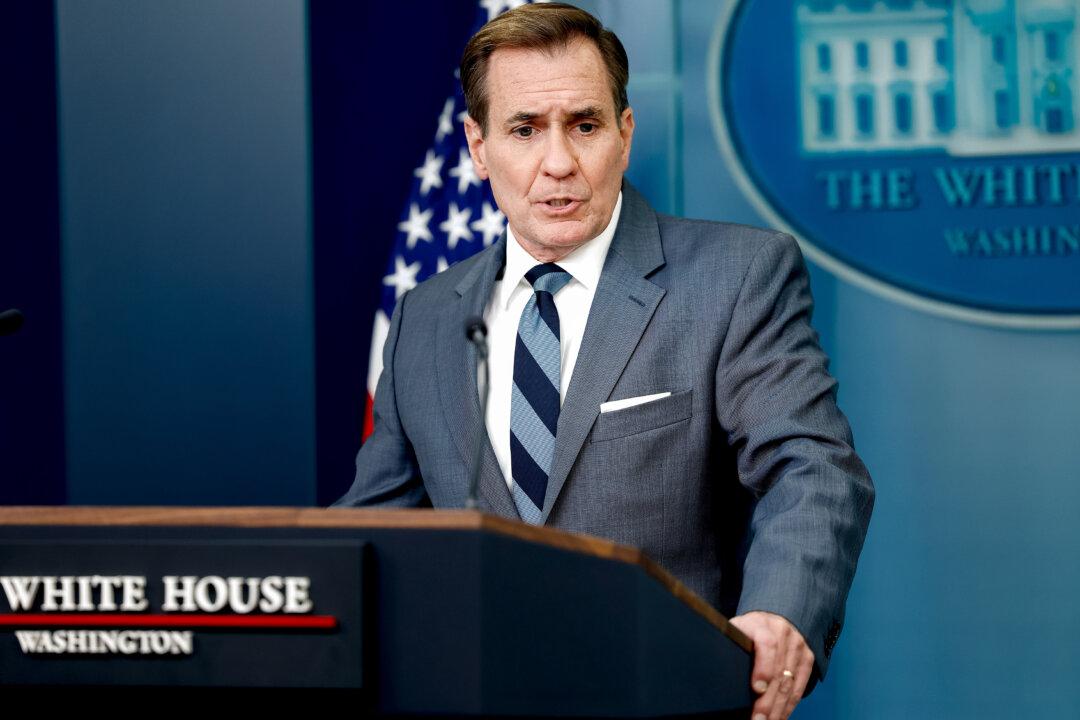Israeli Prime Minister Benjamin Netanyahu is canceling a delegation to the United States following a U.S. decision to abstain from a United Nations vote calling for a temporary cease-fire in Gaza.
White House National Security Council spokesperson John Kirby said the move to halt in-person talks between the two allies was disappointing and that the vote did not reflect any change in U.S. policy, which has thus far insulated Israel from growing international condemnation.




